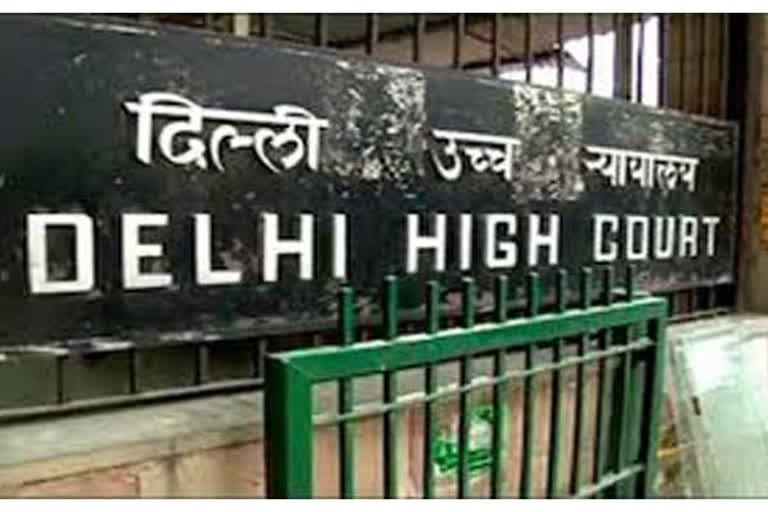New Delhi: The Delhi High Court Wednesday sought the Centre's response on a PIL which claimed that citizens' right to privacy was being "endangered" by surveillance programmes like the Centralised Monitoring System (CMS), Network Traffic Analysis (NETRA) and National Intelligence Grid (NATGRID).
A bench of Chief Justice D N Patel and Justice Prateek Jalan issued notice to the ministries of Home Affairs, Information Technology, Communications, Defence and Law and Justice, seeking their stand on the plea by two societies and listed the matter for hearing on January 7, 2021.
Central government standing counsel Ajay Digpaul accepted notice on behalf of all the ministries.
The plea by the two societies, Centre for Public Interest Litigation (CPIL) and Software Freedom Law Centre (SFLC), has claimed that these surveillance systems allow central and state law enforcement agencies to intercept and monitor all telecommunications in bulk which is an infringement of the fundamental right to privacy of individuals.
The petition, filed through advocate Prashant Bhushan, has contended that under the existing legal framework there is an "insufficient oversight mechanism" to authorise and review the interception and monitoring orders issued by the state agencies.
The two societies have sought directions to the Centre to "permanently stop the execution and the operation of the surveillance projects, CMS, NETRA and NATGRID, which allows for bulk collection and analysis of personal data.
According to the petition CMS is a surveillance system under which all forms of communications, like telephone calls, Whatsapp messages and e-mails, are intercepted and monitored.
NETRA, developed by the Centre for Artificial Intelligence (CAIR) a lab under Defence Research and Development Organization (DRDO) to monitor internet traffic for the use of keywords such as attack, bomb, blast or kill in tweets or status updates on social media platforms, emails or blogs, the plea has said.
The petition has claimed that NETRA is "essentially a massive dragnet surveillance system designed specifically to monitor the nation's Internet networks including voice over internet traffic passing through software programs such as Skype or Google Talk besides write-ups in tweets, status updates, emails, instant messaging transcripts, internet calls, blogs and forums.
NATGRID, the plea claims, is "a counter-terrorism initiative to be undertaken on public-private partnership that will utilise technologies like Big Data and advanced analytics to study and analyze huge amounts of data and metadata' related to individuals from various stand-alone databases belonging to various agencies and ministries of the Indian government".
Under the NATGRID system, tax and bank account details, credit card transactions, visa and immigration records and itineraries of rail and air travel would be monitored, the plea has said.
Bhushan argued before the bench that the Supreme Court has held that financial details and travel plans of citizens cannot be intercepted or monitored except in larger public interest and in accordance with the laws.
However, according to a reply received under RTI 7,500 to 9,000 permissions were being routinely granted every month for intercepting and monitoring communications of citizens and the committee which is to review such permissions sits only once in two months, he told the high court.
The petition has also said that according to a reply received under the Right to Information Act, the Ministry of Communications has affirmed that the CMS project is currently operational and its functioning along with the applicable safeguards for preventing misuse of data collected through it.
It has sought constitution of a permanent independent oversight body, judicial or parliamentary, for issuing and reviewing lawful interception and monitoring orders/warrants under the enabling provisions of the Indian Telegraph Act, 1885 and the Information Technology Act, 2000.
PTI
Also read: Delhi Police file case for violent protests at Singhu border



